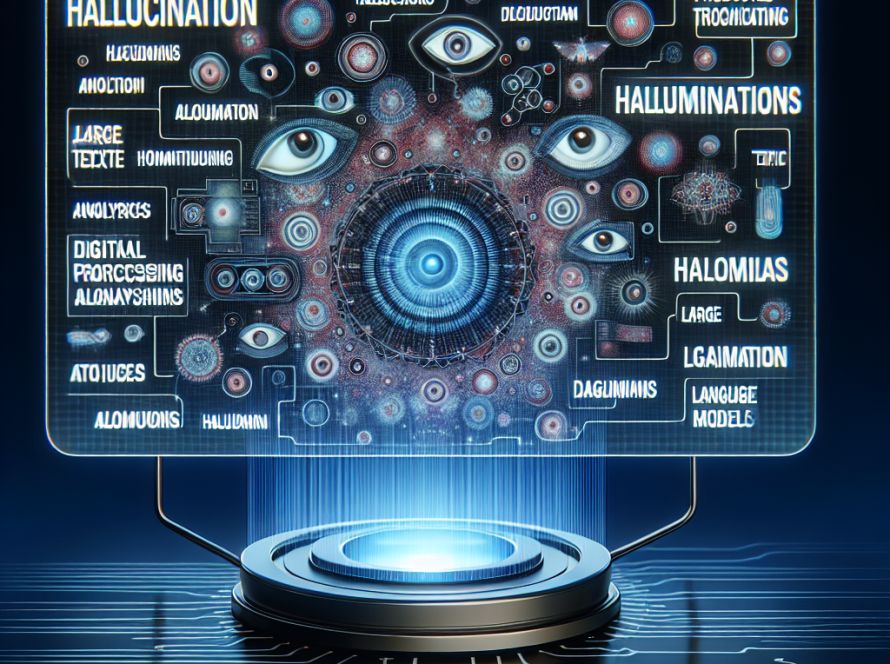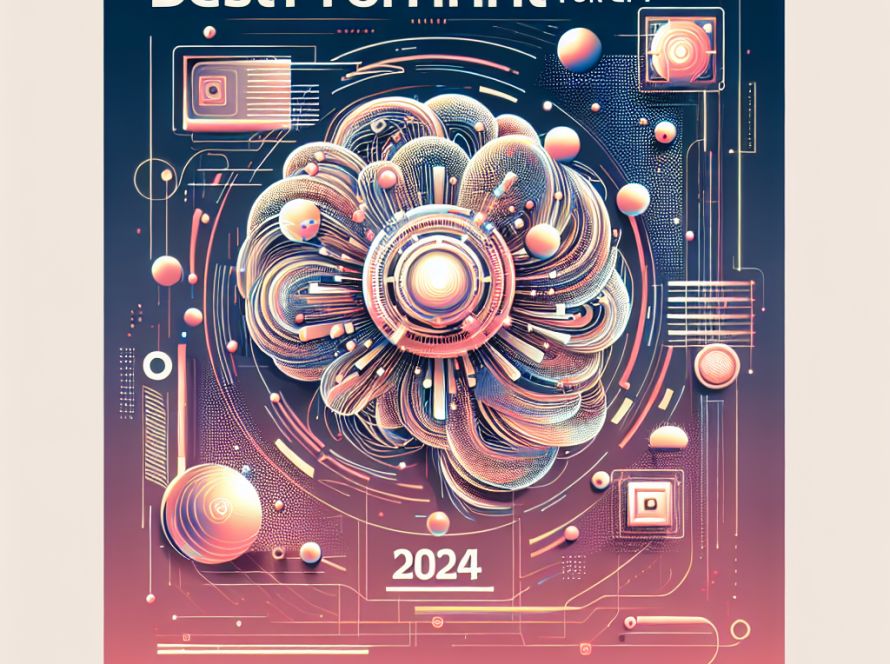The comic book industry has been struggling in recent years, failing to boost sales of printed comic books in spite of the success enjoyed by Marvel and DC films. There’s also been a devaluation of comic book artists’ and writers’ output, with some publishing companies failing to make payments to freelancers and even filing for bankruptcy.
However, the rise of artificial intelligence (AI) in comic book production is seen as an emerging beacon of hope. It’s introduced new creators, innovative ideas, and enhanced digital publishing methods. Longtime industry expert Ced Nocon remarks on this positive development, stating that AI has “brought a spark of hope back into an industry that was, honestly, kind of growing stale due to a lack of innovation.”
The potential that AI holds for generating entire comics based on single prompts has, nonetheless, raised some concerns. The process could commoditize comic book production, diminishing the value attributed to the work of comic book artists and writers, much in the same way that graphic design work was affected by the advent of software like Illustrator and Photoshop.
However, it’s crucial not to view AI as a replacement for human creativity and skill, but rather as a tool that can augment the creation process, spawning new possibilities without necessarily extinguishing traditional approaches. The comic book industry’s receptiveness to this burgeoning technology and the impact it could have on the value of comic book creation remains unclear. Tracking the industry’s adjustment and evolution to this new technology could yield some interesting insights.
It should also be mentioned that the use of AI in comic book creation is still in its infancy and potentially marks the dawning of a new phase in the industry’s ability to innovate. By introducing a fresh spectrum of creators and perspectives, AI could help stimulate the industry, drawing in new enthusiasts, similar to the industry’s original emergence. The use of AI could arguably shift the landscape of the comic book industry, and it would be fascinating to follow how this progress unfolds.


